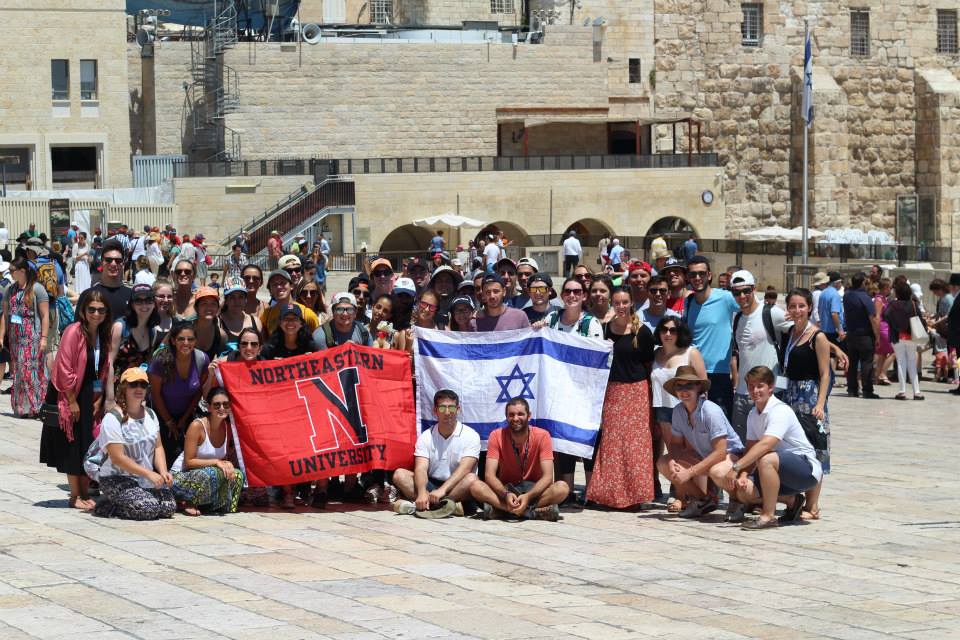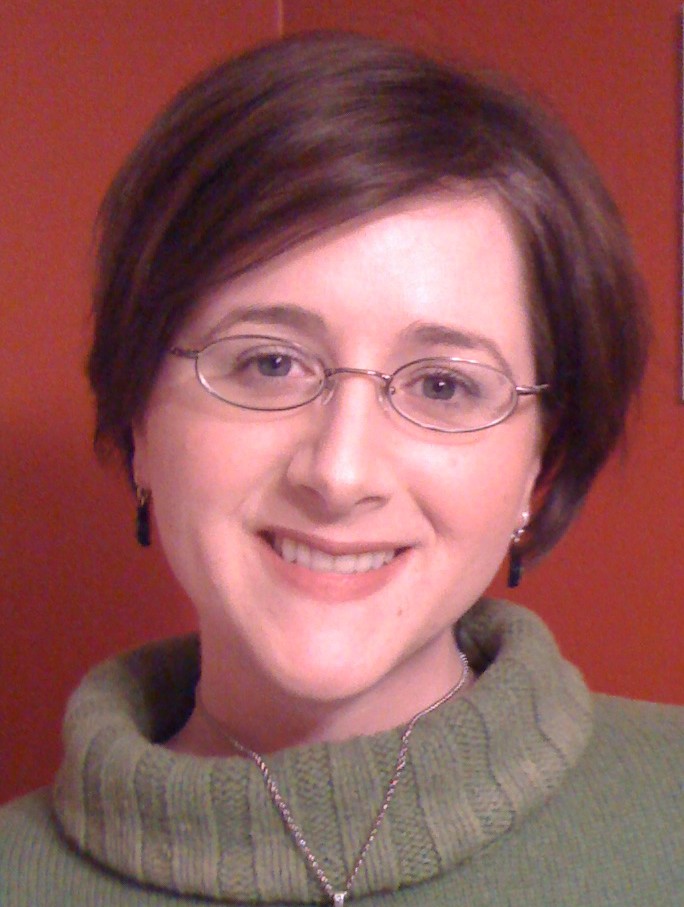“A fundamental reason I have worked for Hillel for over a decade is our goal of seeking to provide every Jewish student with the opportunity to explore and build an enduring relationship with Israel.”
The Interviewee – Arinne Braverman (Born 1977), M.Ed. Executive Director, Northeastern Hillel. Arinne was born in Chicago, IL. She graduated from Smith College in 1999, moved to NJ thereafter to serve as a complexity management consultant, returned to MA to serve as a Jewish Organizing Initiative fellow in 2002, and never left.
Ms. Braverman has worked for Hillel since 2005 and has served as Northeastern Hillel’s Executive Director since 2012. She received the Richard M. Joel Exemplar of Excellence Award from Hillel International in 2014, the Israel Educator Award and Campus Transformation Award from the Israel Campus Roundtable and Consul General of Israel to New England in 2015, and is being honored by Synagogue Council of MA next month for her commitment to Jewish pluralism.
In your opinion, what importance, if any, does the existence of a Jewish state have to you personally and to Jewish people in general?
“Even if Israel weren’t located in our ancestral homeland, by virtue of being the world’s sole Jewish state, Israel is extraordinarily important. Anti-Semitism has plagued the Jewish people for millennia and the existence of a Jewish state will always be necessary (as a safe haven for Jews around the world), in addition to serving as a gift to humanity.”
Do you feel committed in some way to defend the future existence of Israel?
“Absolutely. A fundamental reason I have worked for Hillel for over a decade is our goal of seeking to provide every Jewish student with the opportunity to explore and build an enduring relationship with Israel.
“Together with students, we explore how Israel plays an important role in their personal Jewish identities and how Israel continues to influence Jewish conversations, global Jewish peoplehood, and the world. On a very concrete level, at Northeastern Hillel, students have worked with our IACT Coordinator and JAFI Israel Fellow, to help successfully defeat BDS referenda for two years in a row now.”
Do you affiliate yourself with a specific denomination in Judaism? What is your view regarding the dominance of the Orthodox denomination in Israel religious establishment?
“I identify as a Reform Jew, but am deeply committed to Jewish pluralism. I’ve studied with an Orthodox kiruv organization for years, served as a youth group advisor for a Jewish humanist shul, read over 30 books from the Jewish Renewal movement, etc. These interactions with different Jewish movements have all shaped and strengthened my Jewish identity.
As an American Jew, I personally prefer the notion of a more Jewishly pluralistic governance in Israel. However, I feel strongly that Israelis should determine what’s best for Israel.”
Do you feel morally responsible for Israel’s actions (such as its management of the Israeli-Palestinian conflict?
“I believe the Israel military governs itself using the highest moral standards in the world (i.e. roof knocking, IDF code of ethics, integrating GLBTQ soldiers when America still had Don’t Ask Don’t Tell, integrating soldiers with special needs, etc.). I also feel strongly that diaspora Jews should leave matters of Israeli national security to Israelis.”
In your opinion, what is the main thing Israelis fail to understand about the reality of being Jewish outside of Israel?
“I think many Israelis fail to understand that most American Jews do not aspire to live in Israel. The average American Millenial has a strong American identity and doesn’t view their life as being compromised by not living in Israel.”
How would you describe Israel’s policy (formally and in practice) regarding its relationship with the Diaspora?
“I was raised in a time and in a culture that viewed Israel as disdainful of Diaspora Jewry. During the past decade, it’s been wonderful to see Israel invest in American Jewry through Birthright, through Masa internships, through JAFI’s Israel Fellow program, and in fighting BDS. NU Hillel’s Israel Fellow, Or Elmaliah, has been the best possible ambassador for Israel on campus—engaging the next generation of Jewish and non-Jewish American student leaders.”

In your opinion, does Israel have an obligation to defend and help Jewish communities in need?
“Absolutely. If ‘Am Yisrael’ doesn’t, who will? History has shown time and again that if we don’t take care of our own, Jewish lives will be at risk.”
Have you ever been to Israel? if you have, can you summarize your impression from the Israeli reality?
“As such a young nation, it is truly remarkable to see what Israel has been able to accomplish while facing such obstacles—including threats of annihilation by neighboring countries and regular bouts of terrorism.
“I was more astonished by the beauty and resiliency of the Israeli people who have weathered unbelievable challenges and have gone on to be among the most generous, morally upright, and innovative people I have ever met, as I have been by the beauty and resilience of the land and the historic sites I’ve visited.”
Can you tell us a bit about the Jewish community in your hometown? Is it organized? Are there any community activities?
“Boston has a thriving Jewish community with the best Jewish federation in America, supporting many innovative Jewish organizations, engaging Jews of a wide spectrum of observance, across the life cycle. It’s a great place to be Jewish!”
Is there a question you feel should be added to the project’s questionnaire?
“Where has most of your Israel education come from? What is your primary news source for information re: Israel? What’s the best Israeli book or movie or play that you read or saw this year?”

